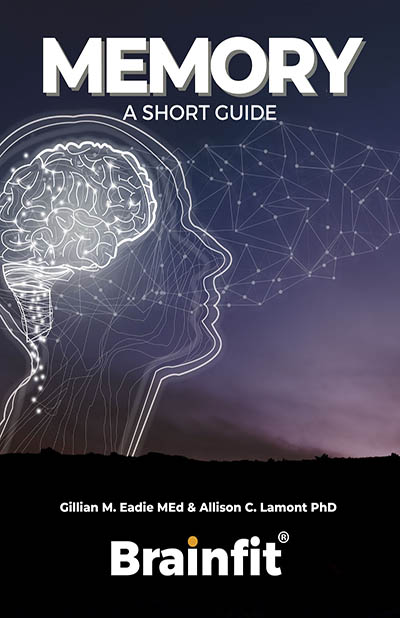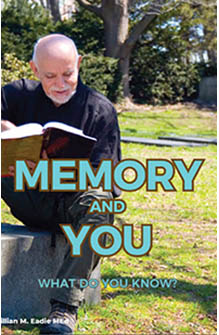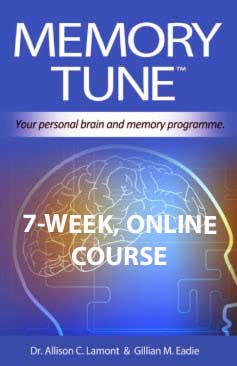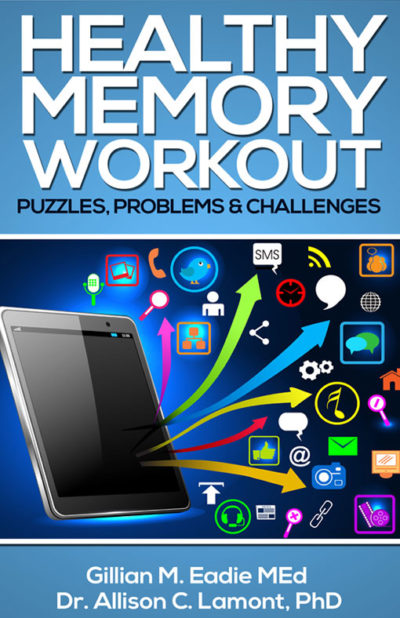Consider your social interaction if you’ve been feeling foggy.

We’ve all been isolated from many family members and friends during the pandemic. If you’ve been having a harder time remembering things or processing information since the pandemic began, it could be an isolation side effect.
“It’s something I’m seeing clinically. Some people were okay before the pandemic and now they’re having faster cognitive decline,” says Dr. Joel Salinas, a behavioral neurologist and faculty member of the Harvard Center for Population and Development Studies.
Dr. Salinas says we don’t have a lot of evidence yet to back up a clear association between pandemic lockdowns and a change in memory or thinking skills. One small 2020 study found that 60% of people with mild cognitive impairment or Alzheimer’s disease experienced worsening cognition and delirium during the lockdown.
But the link between isolation and cognitive decline is more than speculation.
Isolation risks
Isolation (being cut off from social contact) was a problem for older adults long before the pandemic began. Life circumstances — such as living far from friends and family, losing a partner, or being unable to drive — often create unanticipated situations in which we find ourselves isolated. That sometimes puts health in jeopardy.
“In studies of people, isolation is associated with an increased risk for dementia, although it’s unclear how high the risk is,” Dr. Salinas says. “In lab animals, isolation has been shown to cause brain shrinkage and the kind of brain changes you’d see in Alzheimer’s disease — reduced brain cell connections and reduced levels of brain-derived neurotrophic factor, which is important for the formation, connection, and repair of brain cells.”
Isolation is also associated with elevated risks for heart attack, stroke, chronic inflammation, depression, anxiety, perceived stress, and loneliness.
People who feel lonely (disconnected from others) have been shown to have faster rates of cognitive decline than people who don’t feel lonely. Loneliness is also tied to risks of losing the ability to take care of yourself and early death.
What’s the link?
We don’t exactly know why being isolated sometimes leads to cognitive decline. Possibilities include
- a lack of access to crucial resources or help with daily needs
- a decrease in stimulating mental activity that can come from social interaction
- a reduction in social support.
“Having access to others for emotional support or listening to you seems to have a protective brain health effect — increased levels of brain-derived neurotrophic factor, and reduced risks for dementia or stroke,” Dr. Salinas says.
In the pandemic, you may also be experiencing high stress levels, which can affect your brain’s processing skills. “We’re not good at being focused when there’s danger,” Dr. Salinas says. “It’s the ‘fight or flight’ mode all the time.”
If family members are noticing that you seem to be experiencing cognitive changes, Dr. Salinas says it could be a new problem — or it could be that you’re spending more time together and they’re picking up on changes that were already occurring before the pandemic.
What you can do
If you feel that cognitive change you’re experiencing may be the result of isolation, try to reach out to others. That can be challenging during the pandemic, but several options can help.
Use video or social apps. They enable you to see and chat with friends or meet people who share your interests in an online class or club.
“If you’re unfamiliar with the technology, take it upon yourself to find someone who can teach you,” Dr. Salinas advises.
Pick up the phone. Reconnect with old friends. “Research suggests that phone calls can be as helpful as having a virtual exchange or meeting in person,” Dr. Salinas says.
Sign up for a friendly call. Many senior centers offer a buddy-call service that pairs you with a volunteer who will call you for conversation.
Call a “warmline.” Like a hotline, the Institute on Aging’s 24-hour toll-free Friendship Line (800-971-0016) or in New Zealand, Head First , or Lifeline – 0800 543 354 or (09) 5222 999 within Auckland. Staffed with professionals and trained volunteers, these people are able to offer older adults friendly conversation or emotional support.
Will it improve thinking skills?
“If low social interaction is the reason your memory and cognition have been fuzzy, then I think the chances are it would reverse when you increase social interaction,” Dr. Salinas says.
But if you are worried about your memory, report it to your doctor’s office. A check-up may be all it takes to get reassurance.




